(CLO) A new poll released by the Digital Industry Association Bitkom shows that the majority of German voters are worried about the risk of foreign election interference.
According to a survey of more than 1,000 voters, 88% of respondents are concerned that outside forces, from governments, groups to individuals, may seek to influence votes through social media campaigns.
Russia topped the list of countries suspected of meddling with 45% of the vote, followed by the US (42%) and China (26%). Additionally, 8% of voters were concerned about influence from Eastern European actors.

Illustration photo: Pexel
The poll also sheds light on how German voters form their political views, with 82% saying they are influenced by conversations with friends and family, 76% by television and 69% by the internet. Some 80% of respondents want the next government to prioritize digital policy to tackle misinformation on the internet and social media.
Bitkom Chairman Ralf Wintergerst stressed that 71% of respondents supported the creation of an independent digital ministry to address the issue. He asserted that the new ministry would need to have its own powers, resources and budget to be effective.
About a third of voters who use the internet as a source of news said they had encountered disinformation online. The biggest concerns were deepfakes – fake images, videos or audio that can distort the truth – and deliberately manipulated information. Fifty-six percent of respondents believed that German democracy was ill-prepared to deal with these threats.
Thirty percent of survey respondents said they had encountered misinformation about the upcoming election online. Mr. Wintergerst said that voter awareness of fake news is growing, calling it an important step in combating information manipulation.
He warned that misinformation could distort public opinion and hurt candidates, stressing that an informed society was the best defense.
In addition to foreign powers, the poll also reflects concerns about the strong media activity of the German far-right party Alternative for Germany (AfD), especially in reaching young voters.
Sixty-six percent of respondents warned against the party’s aggressive media campaign, while 87% called for stronger action to tackle far-right voices online. Seventy-eight percent said far-left groups should also be controlled.
Finally, 79% of respondents agreed that those who benefit most from social media are populist politicians.
Ngoc Anh (according to DW, dpa)
Source: https://www.congluan.vn/gan-90-cu-tri-duc-lo-so-bi-thao-tung-post333421.html






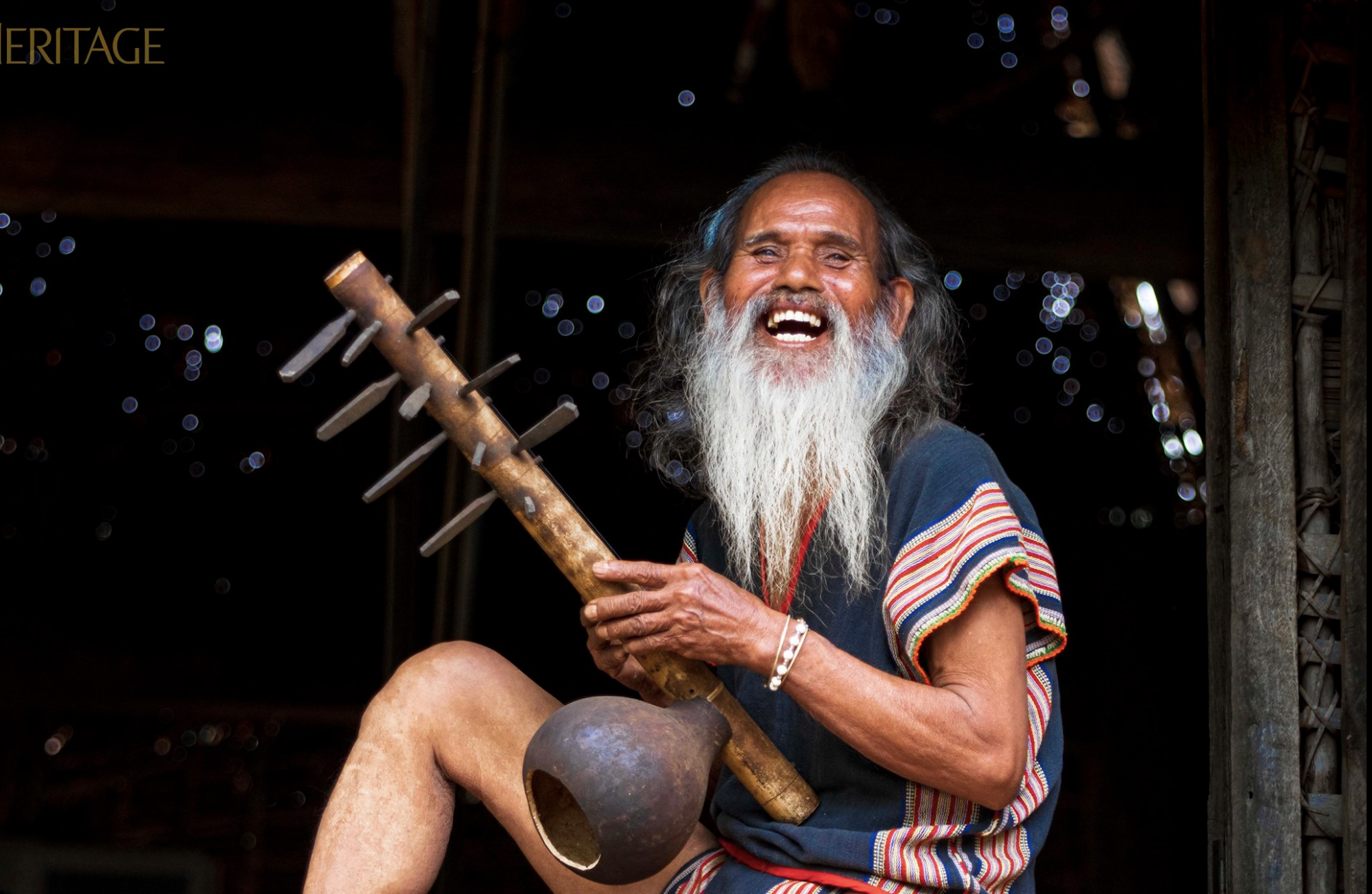





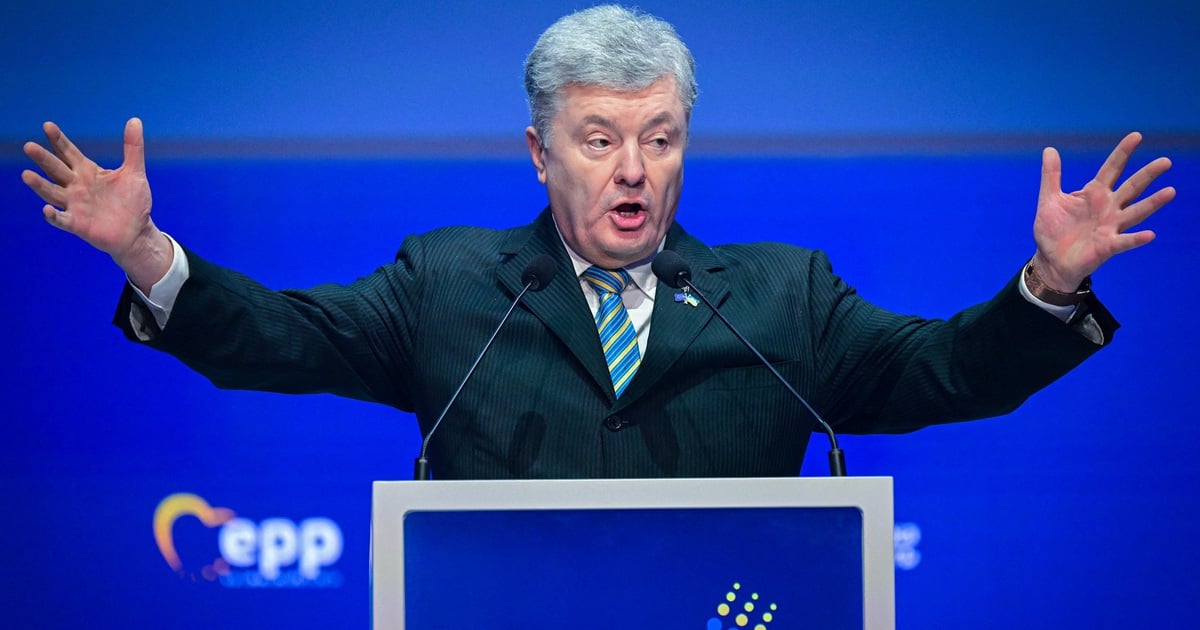





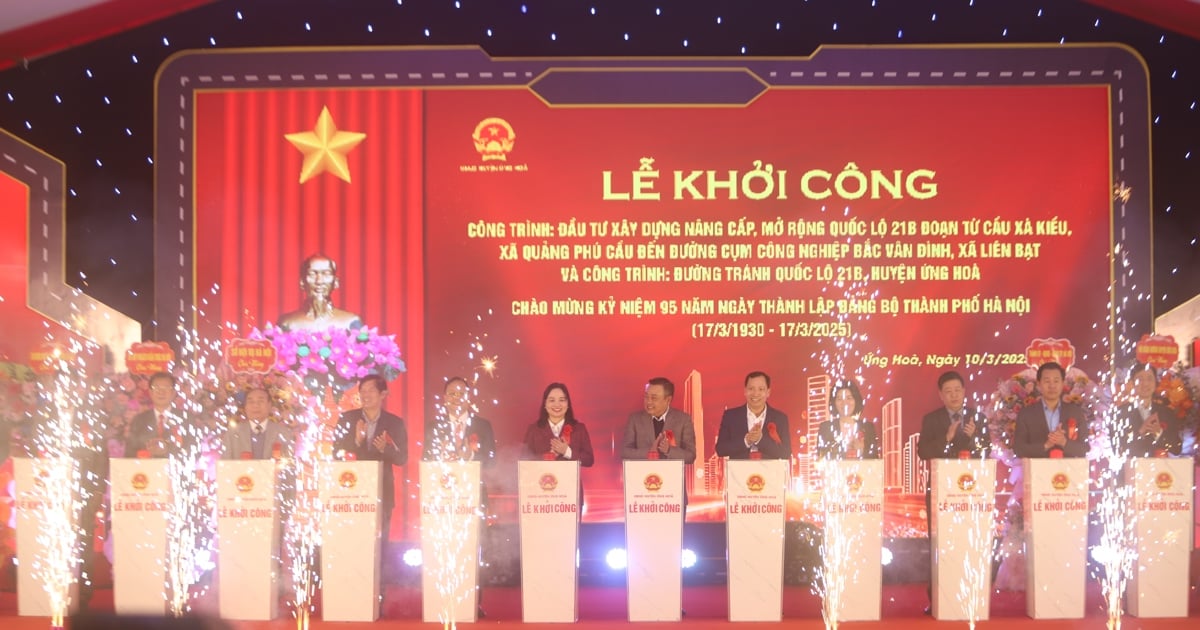

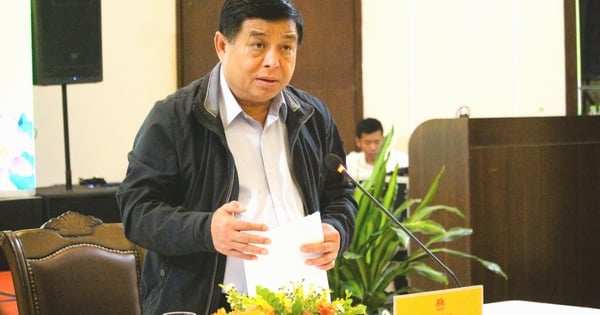
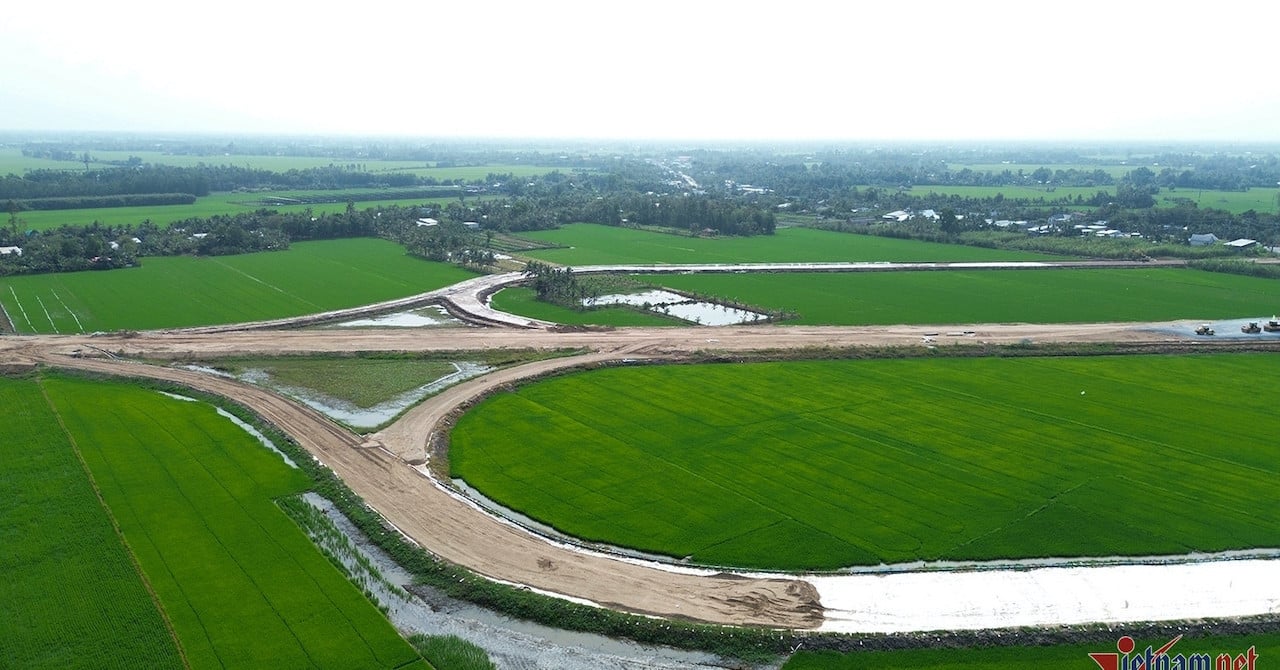



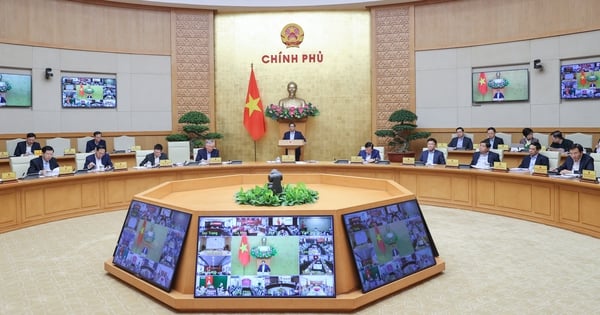

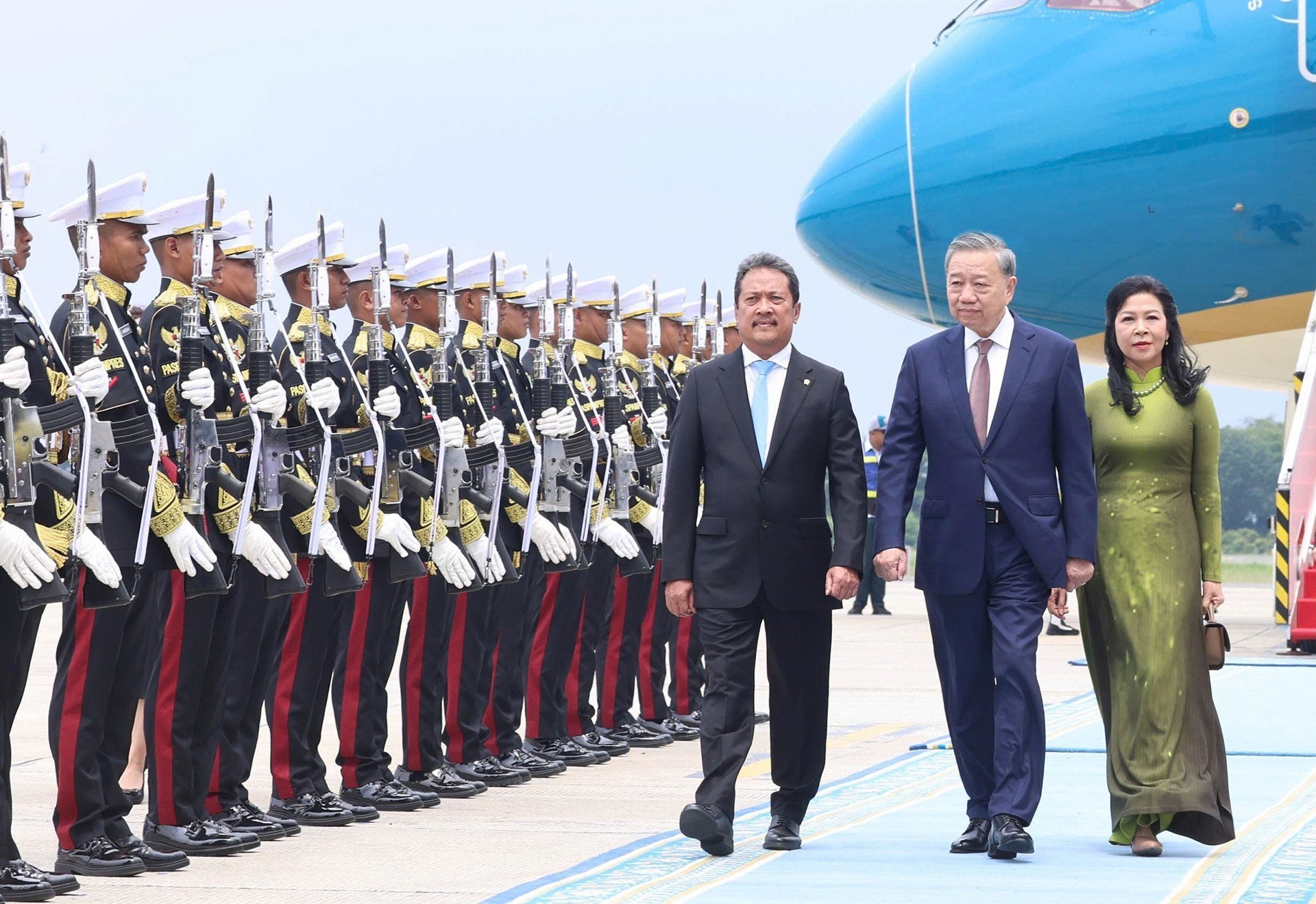


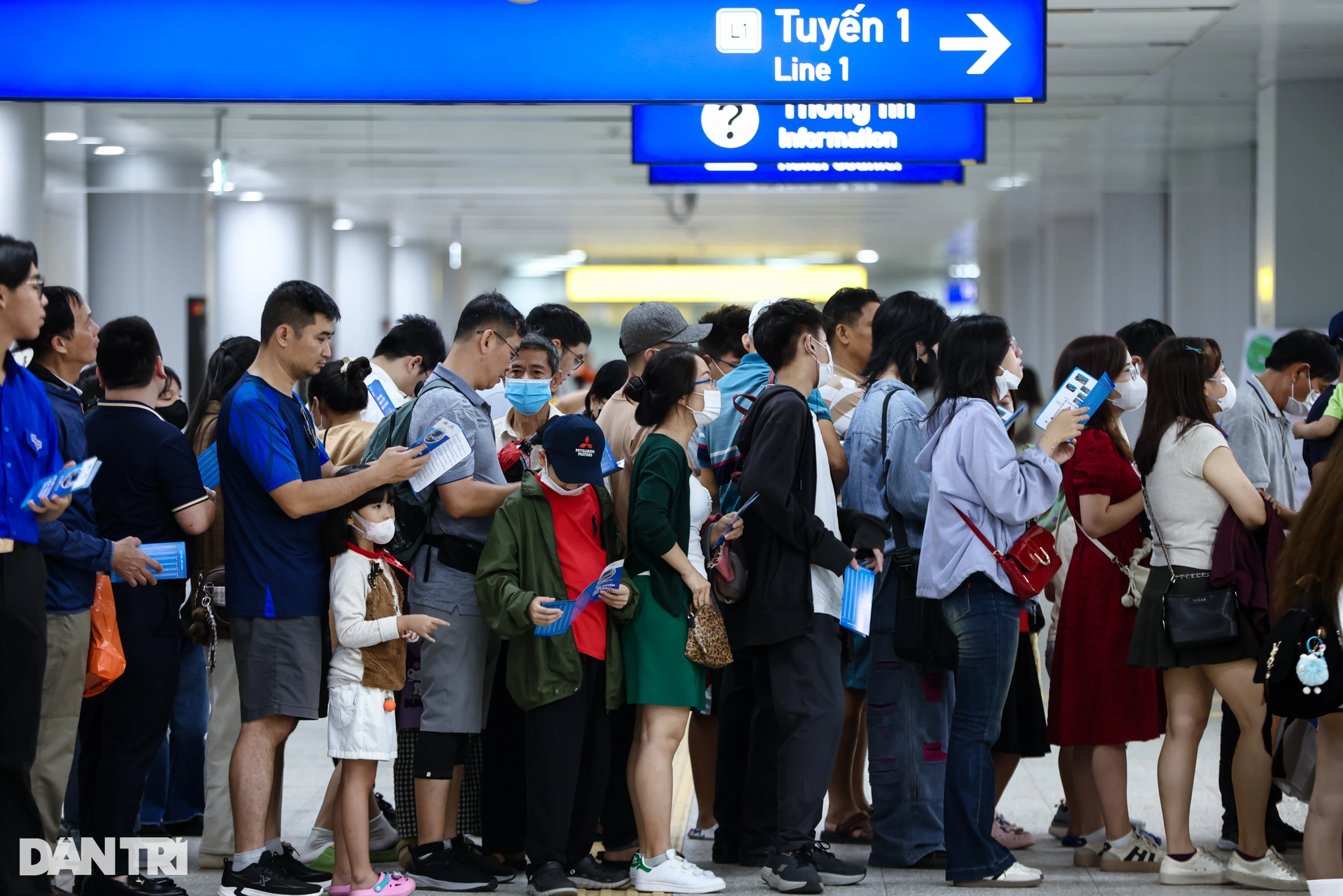

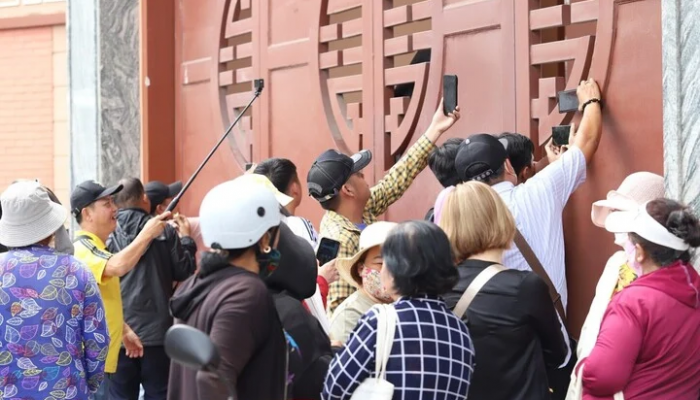
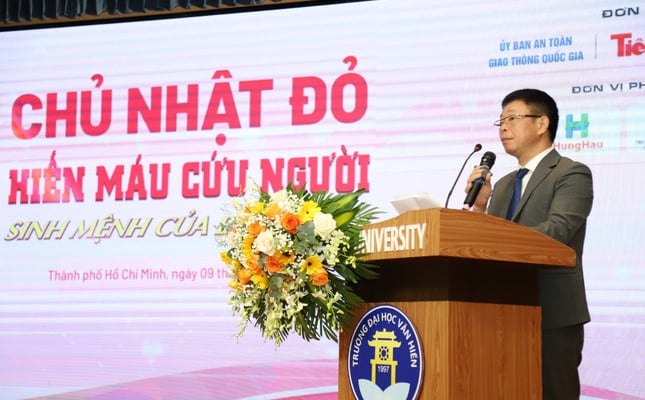


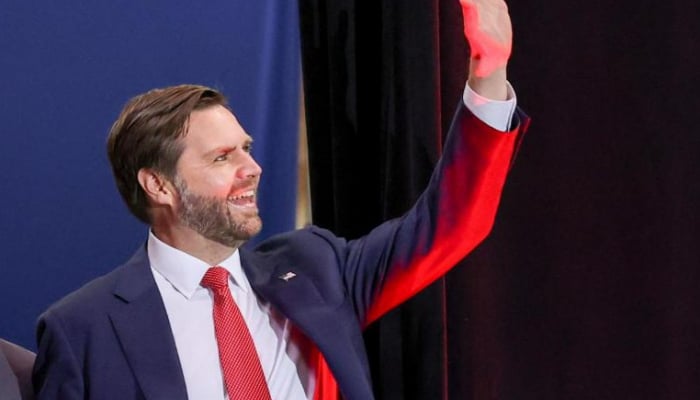









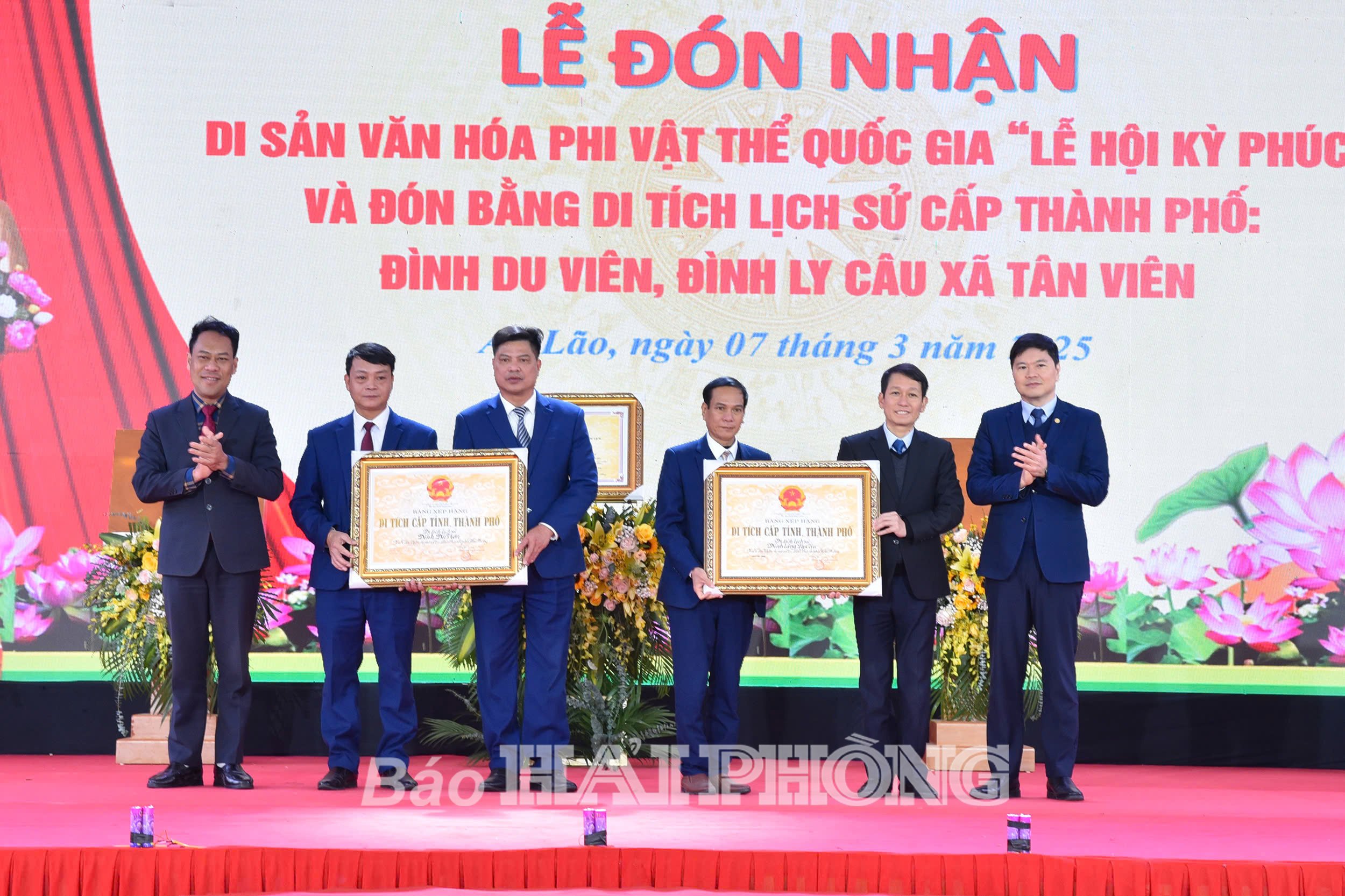



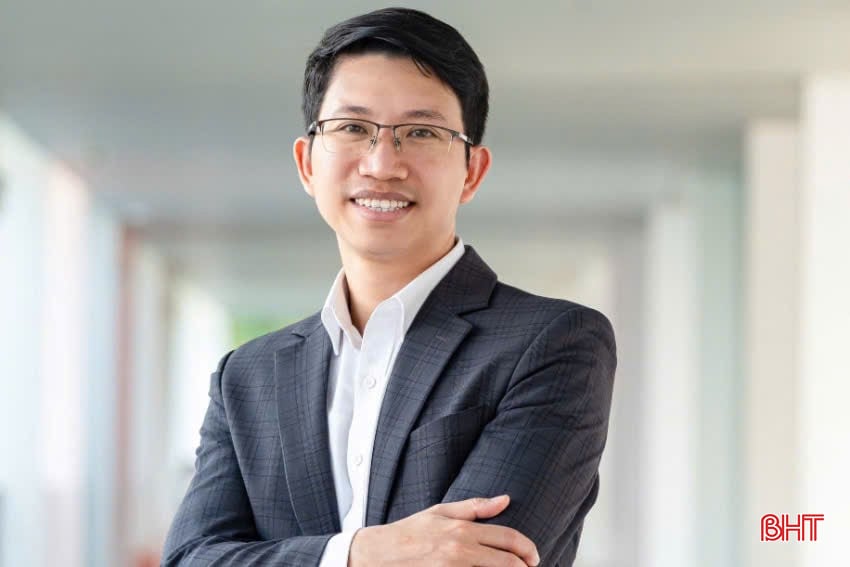
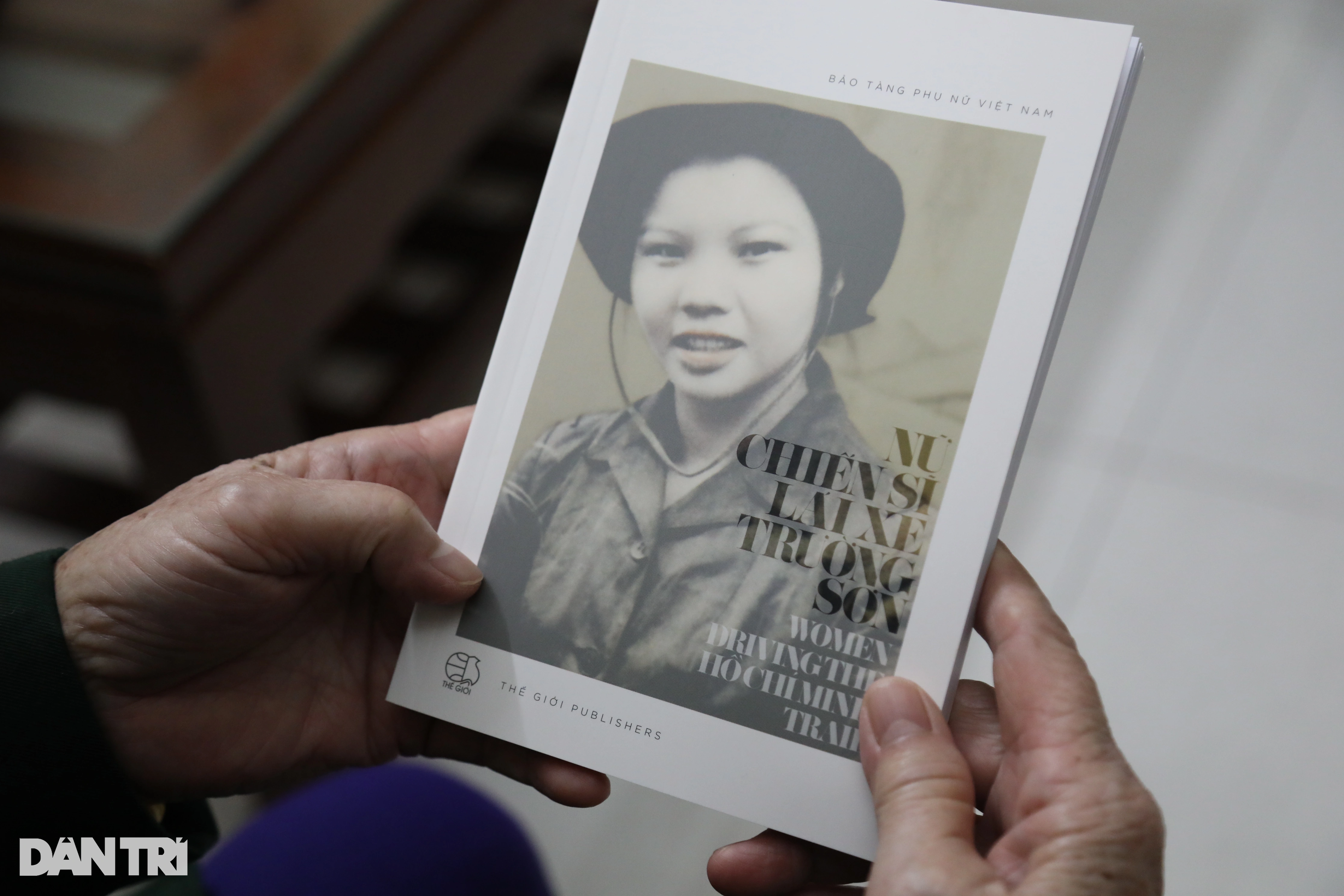
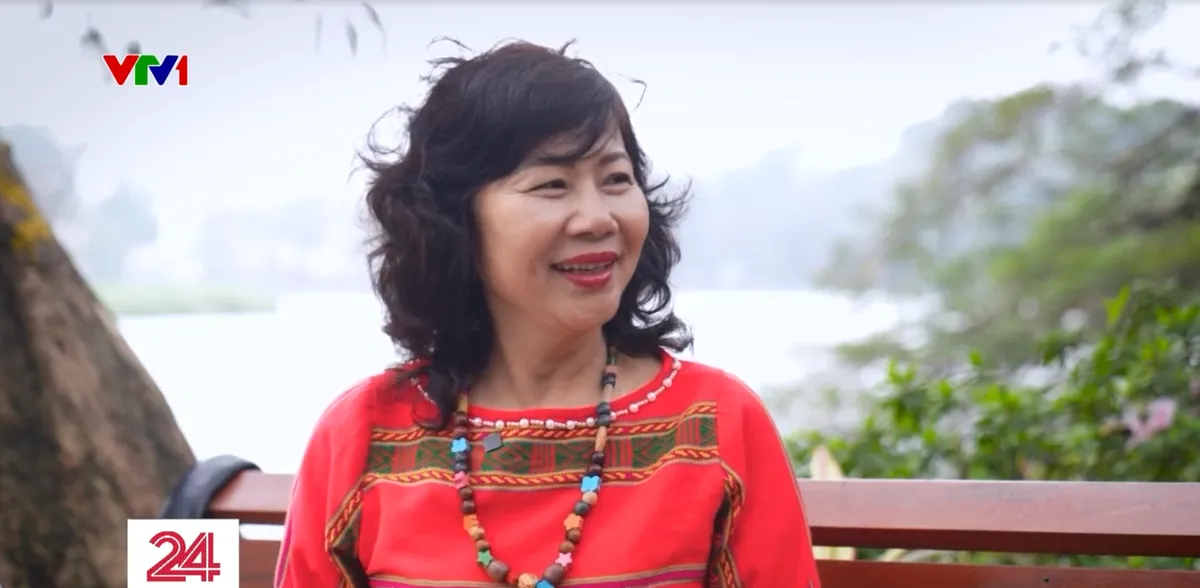












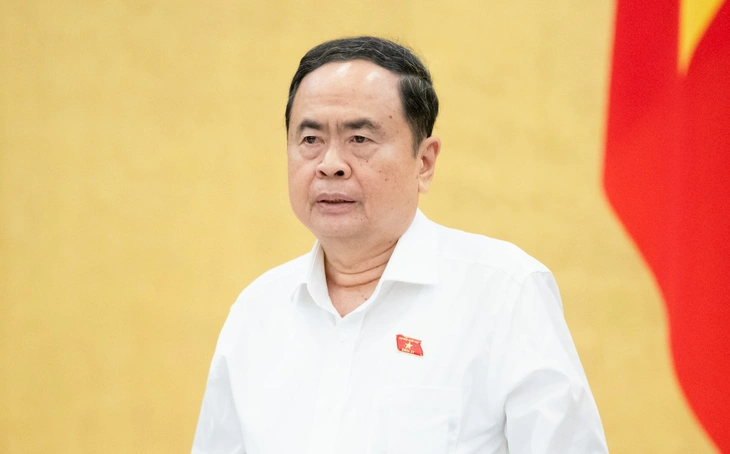

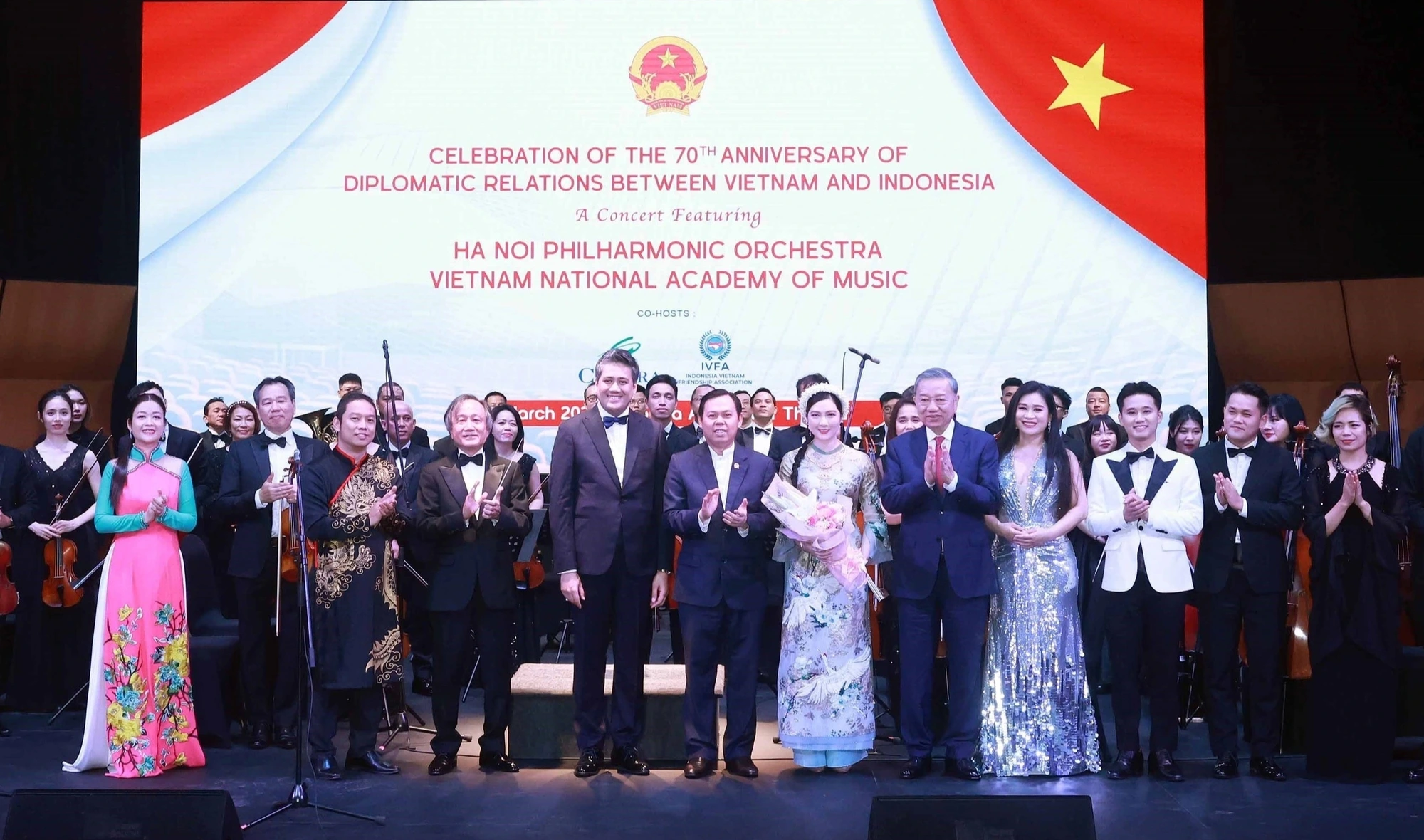


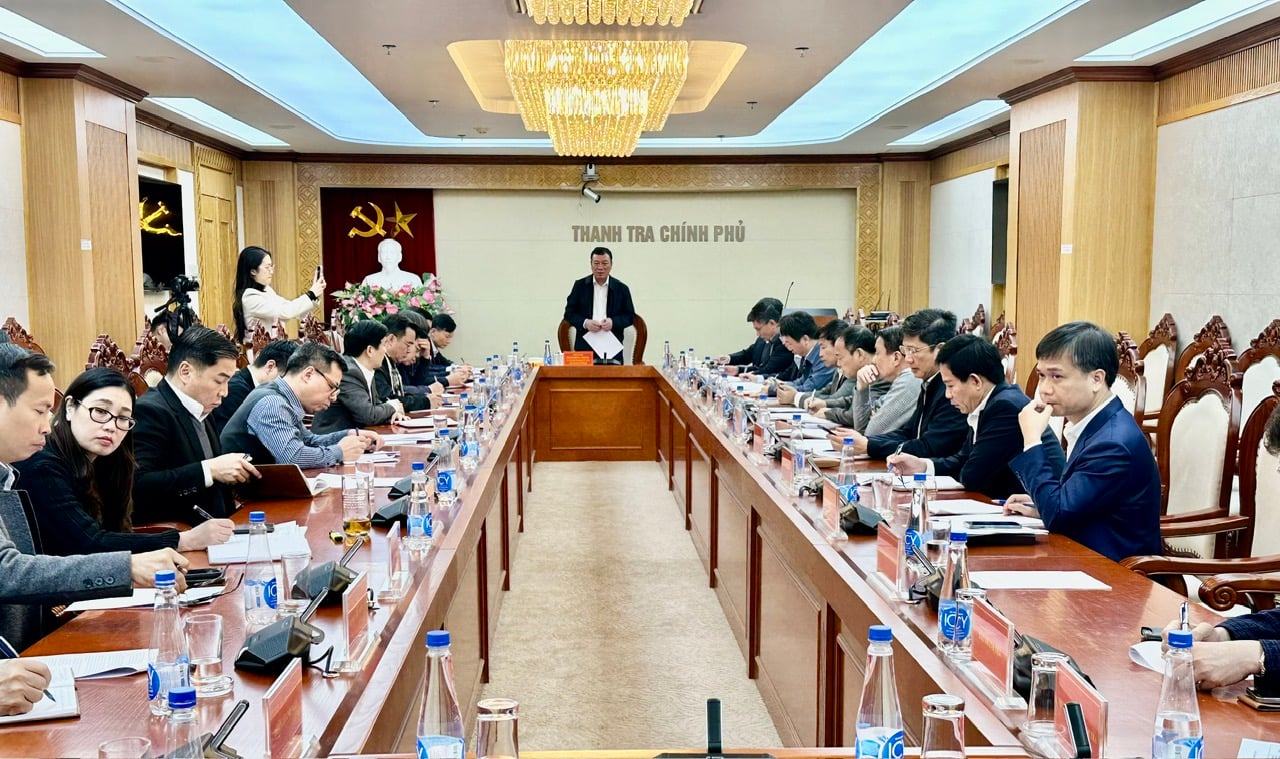



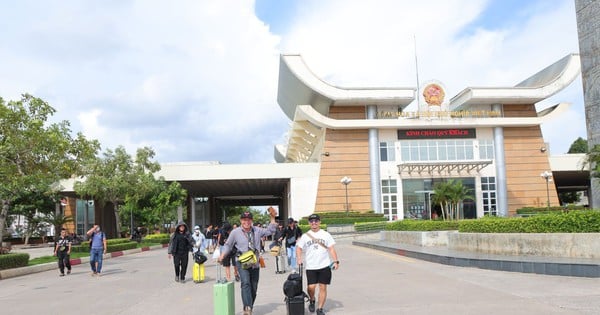
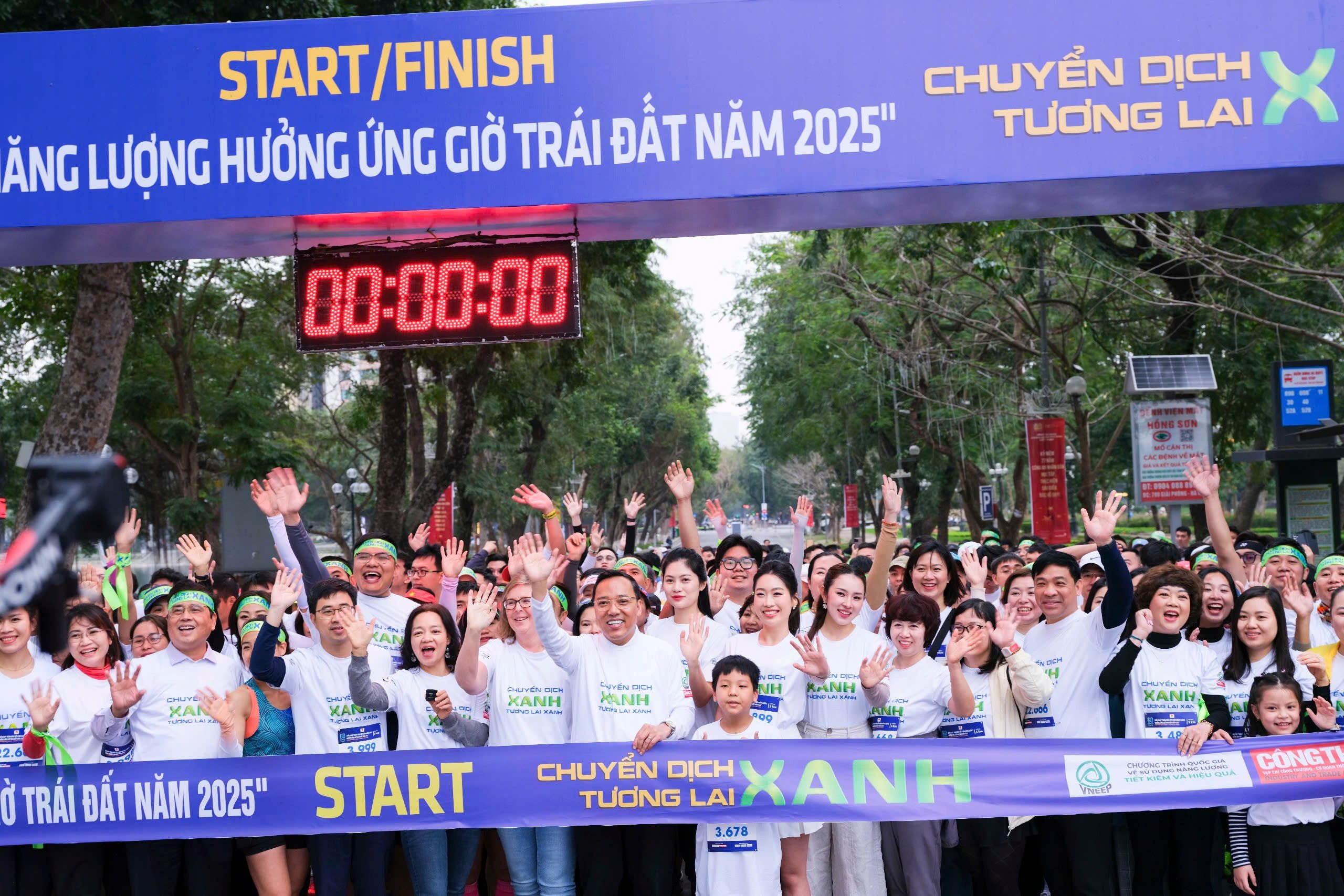










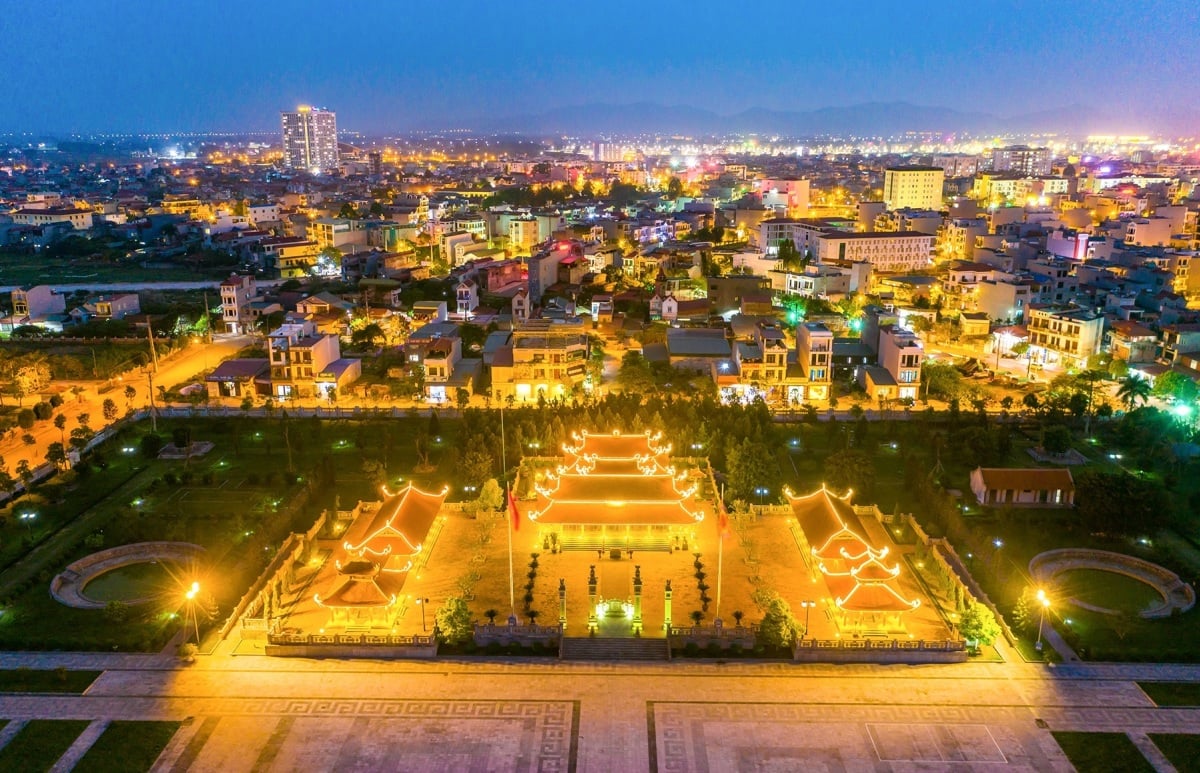



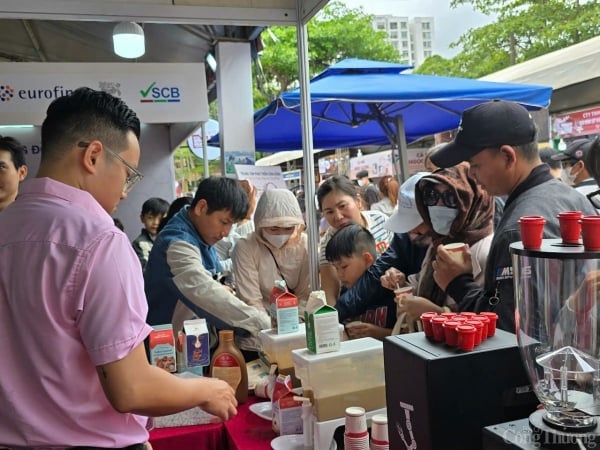



Comment (0)